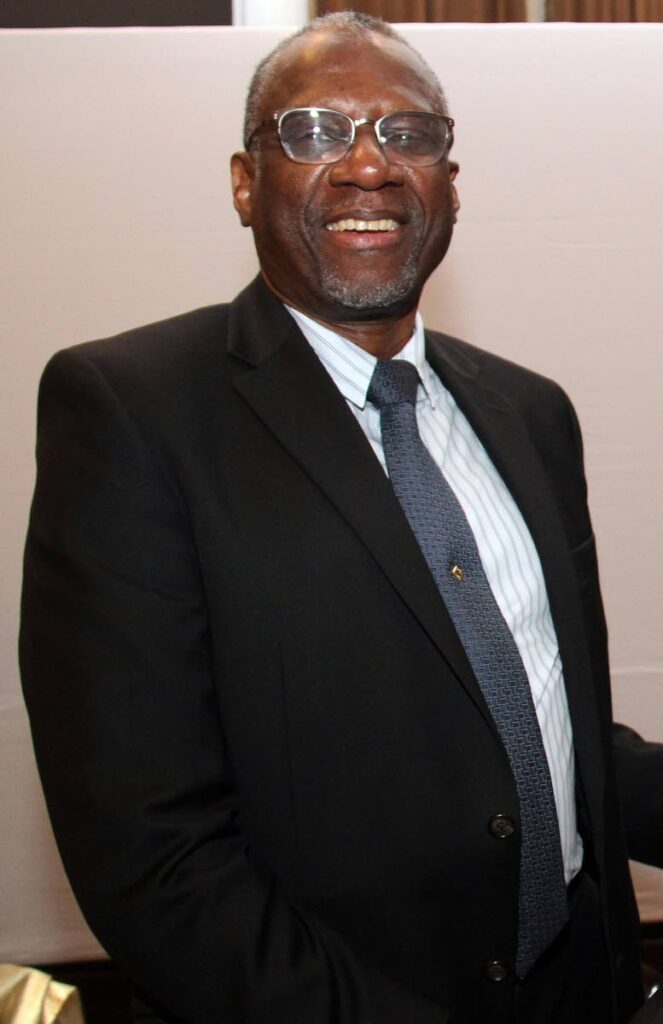An agenda for constitutional reform

TERRENCE W FARRELL
THE LATE and now revered Basdeo Panday was known to be an advocate of constitutional reform. However, the wily "Silver Fox" was always rather vague about what specific reforms he was advocating. Some claim he wanted the limiting of the tenure of a prime minister to two terms, setting a fixed date for general elections, campaign finance reform, and popular election rather than selection of the President. As useful and important as these suggestions are, they are, however, really electoral reforms.
Our Republican Constitution is sorely in need of reform and, acknowledging the specific proposals put forward by some others, including David Abdulah’s MSJ and the Principles of Fairness Committee, I would here itemise several key structural and processual reforms which are, in my view, urgently needed to rectify mistakes, close gaps and forestall the collapse of some institutions whose foundations are in a state of what Lloyd Best termed "pre-collapse."
First, we must remove the savings clause in the Constitution which is productive of discrimination and injustice in respect of the mandatory death penalty, sexual orientation, sedition and many other laws which in fact contravene sections four and five but are "saved" law. The Privy Council in Chandler No 2 pointed out that it was for Parliament to fix the savings clause, and more recently, Madam Justice Donaldson-Honeywell, noting that the court has no role in determining the Parliament’s agenda, urged public debate and legislative action on the pernicious savings clause.
This is a reform that should easily win bipartisan support. Once this is done, challenges in the courts and the work of the Law Reform Commission (if it still exists) can address and rectify rights-offending provisions in our colonial-era laws.
Second, the public service needs to be reformed. An effective public service and an efficient police service are critical to the effectiveness of the Government which is lacking in most areas. The entrenchment of the Public and Police Service Commissions in the Constitution is a hindrance to effective reform of the public service.
In the context of public service reform, the Office of the DPP, while preserving its independence in the initiation and conduct of prosecutions, must be made accountable for its performance, particularly in respect of white-collar criminal prosecutions.
While the Judicial and Legal Service Commission must remain entrenched in our Constitution, it too needs to be reformed along the lines proposed by the Law Association’s Bernard Committee. The central issue in addressing public service reform is how the independence of certain offices, eg Commissioner of Police and the DPP, are to be protected while making those officeholders more accountable for performance and, when they fall short, open to dismissal without undue delay.
A reformed JLSC can hold judges accountable where their performance is poor, or where their conduct on or off the bench falls short of now well-established principles. But section 137(3), which gives the Prime Minister a role in the removal of the Chief Justice, should be swiftly abolished.
Third, the Integrity Commission must be revamped. From its very inception, I had argued that the Integrity in Public Life Act of 2000 was flawed, would not reduce corruption and would lead only to bacchanal, mischief and confusion. The net for the declaration of assets is cast too wide and applied in a way which disincentivises public service, and annoys and embarrasses those who are required to comply. In addition, the declarations do nothing to identify wrongdoing. The Integrity Commission must have enhanced investigative and prosecutorial powers and be staffed and funded to carry out those functions effectively.
Fourth, the provisions relating to the Consolidated Fund need to be reformed so as to permit the effective devolution of financial authority to the Tobago House of Assembly and the regional corporations. Concerns about the use of property tax for local government services are not misplaced. Financial reforms are also needed to provide for increased financial management autonomy for Parliament and the judiciary, within carefully defined limits.
Fifth, as I have argued before on several occasions, we need to accede to the Caribbean Court of Justice and stop outsourcing the interpretation of our laws and our jurisprudence to the colonial Privy Council. While we are engaged on that reform, we need to revisit section 13 of the Constitution, its interpretation and application by the courts in light of the Privy Council’s position in Suratt, defended by them in Suraj and our Court of Appeal’s two opinions in Francis and Hinds.
Sixth, the power to make national awards as well as award of silk (Senior Counsel) ought to be vested unambiguously in the office of the President exercising her independent judgement, informed and supported by the recommendations of independent committees. Why is it only now, after his passing, that Panday’s name is being proposed for the nation’s highest honour? It is because the award of silk and our national awards are tainted by partisan politics and hence by inadequate consideration of some people who are truly meritorious, but who, as long as they are still breathing, may be viewed by the incumbents as "anti-government."
Each of these suggested reforms could and should provoke extensive debate and discussion. But as an independent sovereign state, now 61 years old, we are increasingly being crippled by our 1962 Independence Constitution, changed only cosmetically by the 1976 Republican Constitution. We need a Second Republic which codifies our mature reflections on the road we have travelled these 61 years, repairs the foundations of critical institutions, and sets us on a new path to social peace and prosperity. But isn’t that what Basdeo Panday was really asking for whenever he demanded constitutional reform?

Comments
"An agenda for constitutional reform"